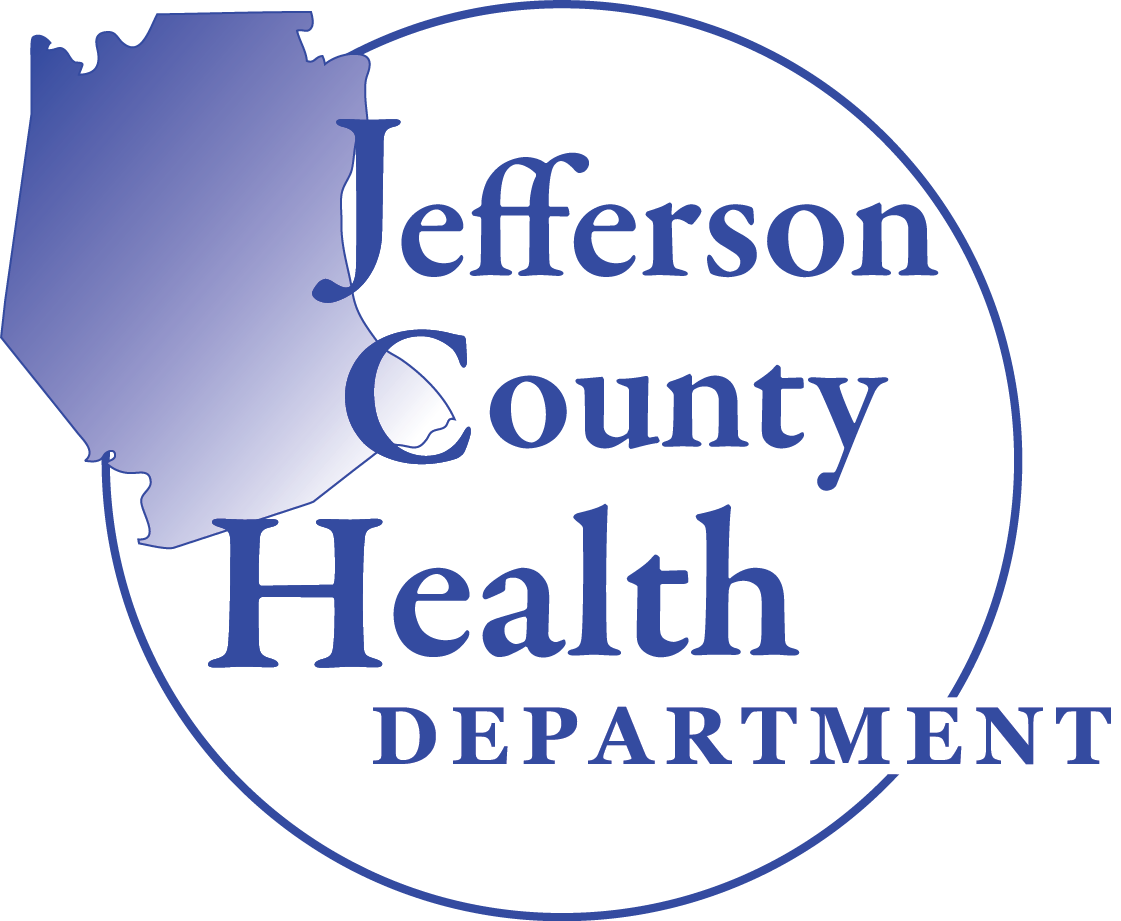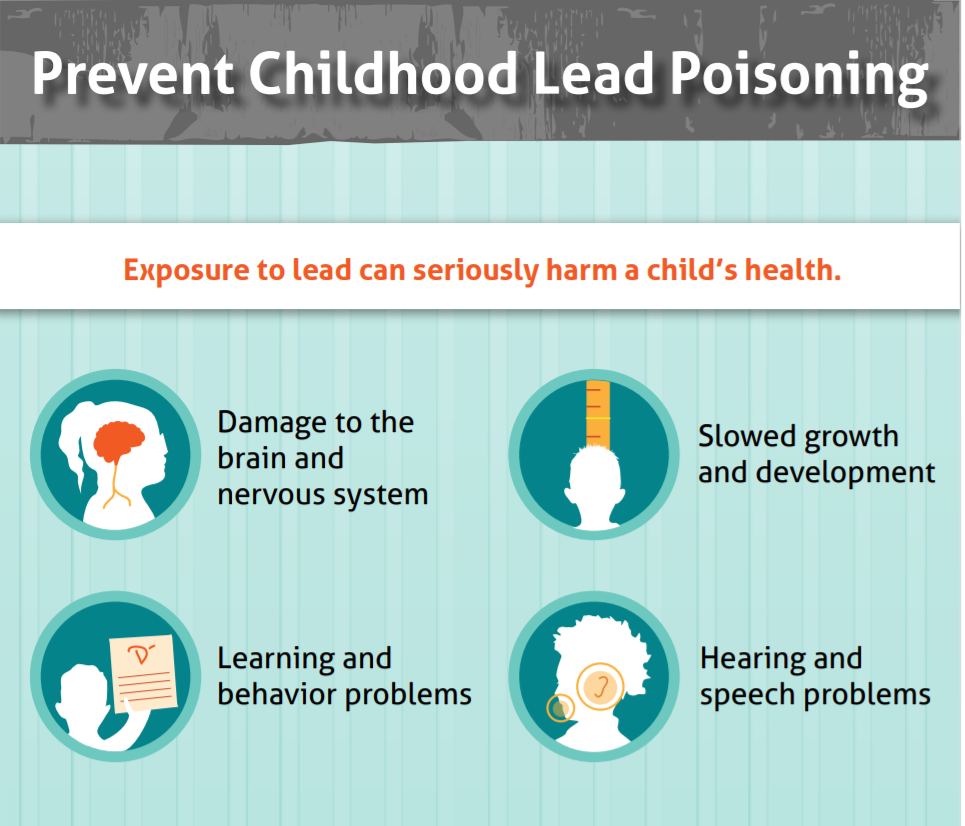WASHINGTON, Nov. 22, 2019 – The U.S. Department of Agriculture’s Food Safety and Inspection Service (FSIS) is issuing a public health alert due to illnesses caused by E. coli O157:H7 associated with romaine lettuce from the Salinas, California, growing region. FSIS warns against consuming any wraps, sandwiches, prepackaged salad, salad kits, or other product containing romaine lettuce harvested from the Salinas, California, growing region. Additionally, consumers should not eat any salad products identified in a Missa Bay, LLC, recall announced by FSIS on November 21, 2019.
On November 22, 2019, the Centers for Disease Control and Prevention (CDC) and Food and Drug Administration (FDA) advised consumers, retailers, and restaurants not to eat or sell any romaine lettuce harvested from the Salinas, California, growing region. Most romaine lettuce products at retail are labeled with a harvest location showing where they were grown. CDC and the FDA are advising that if this voluntary label indicates that the romaine lettuce was grown in “Salinas” (whether alone or with the name of another location) do not eat it. If the romaine does not have information about harvest region or does not indicate that it has been grown indoors (i.e. hydroponically- and greenhouse-grown), throw it away or return it to the place of purchase.
FSIS-regulated establishments are advised not to serve, ship, or sell products that contain romaine lettuce from the Salinas, California, growing region. This advice includes all types of romaine lettuce from the Salinas, California, growing region, such as whole heads of romaine, hearts of romaine, and packages of precut lettuce and salad mixes that contain romaine, including baby romaine, spring mix, and Caesar salad. If you do not know the source of your romaine lettuce, and if you cannot obtain that information from your supplier, you should not serve, ship, or sell the product.
Anyone concerned about an illness should contact a healthcare provider. E. coli O157:H7 is a potentially deadly bacterium that can cause dehydration, bloody diarrhea and abdominal cramps 2–8 days (3–4 days, on average) after exposure the organism. While most people recover within a week, some develop a type of kidney failure called hemolytic uremic syndrome (HUS). This condition can occur among persons of any age but is most common in children under 5-years old and older adults. It is marked by easy bruising, pallor, and decreased urine output. Persons who experience these symptoms should seek emergency medical care immediately.
Consumers with food safety questions can call the toll-free USDA Meat and Poultry Hotline at 1-888-MPHotline (1-888-674-6854) or live chat via Ask USDA from 10 a.m. to 6 p.m. (Eastern Time) Monday through Friday. Consumers can also browse food safety messages at Ask USDA or send a question via email to MPHotline@usda.gov. For consumers that need to report a problem with a meat, poultry, or egg product, the online Electronic Consumer Complaint Monitoring System can be accessed 24 hours a day at https://foodcomplaint.fsis.usda.gov/eCCF/



